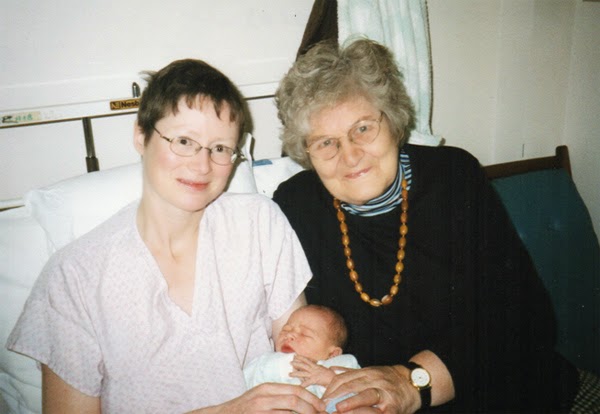 Dr. Frédéric Amant is at the forefront of cancer and pregnancy research and a member of the Pregnancy and Medicine Initiative advisory board.
Dr. Frédéric Amant is at the forefront of cancer and pregnancy research and a member of the Pregnancy and Medicine Initiative advisory board.
As part of an international expert panel, Amant meets colleagues from around the world at five-year intervals to discuss the diagnosis and management of cancer in pregnancy. The panel draws on its own professional experience and reviews relevant literature to provide guidance for clinicians on diagnosis, staging, and treatment.
Dr. Amant writes…
Our last guidance was issued five years ago, so the panel met again late in 2014 to incorporate new findings and issue new guidelines.
Several main themes emerged as we discussed our experience in the field. There was a consensus that all items are of importance when breast cancer patients are treated, including diagnosis, staging, pathology, and treatment. We agreed that an interdisciplinary approach is most effective. And we believe that this treatment is best carried out in referral centers.
An interdisciplinary approach means that the patient is discussed among specialists from different specialties; not only by oncologists (including medical, surgical, and radiation), but also pathologists, radiologists, those working in nuclear medicine, obstetricians, and perinatologists. Since no one has vast experience of cancer treatment during pregnancy and given the different types of cancer that may occur, this interdisciplinary discussion is advocated.
Breast cancer treatment during pregnancy is possible, and providing standard treatment is followed, maternal prognosis is as good as in non-pregnant women.
 Caroline Swain received cancer treatment while pregnant over a decade ago. She and her son Luke participate in Dr. Amant’s research.
Caroline Swain received cancer treatment while pregnant over a decade ago. She and her son Luke participate in Dr. Amant’s research.
There is an increasing body of evidence to back this up, coming from cohort studies, retrospective studies, and the follow-up of children whose mothers were treated for cancer during pregnancy. As we get more data, there is mounting evidence that both maternal and fetal chances can be preserved.
At present, medical professionals are often fearful of the consequences for the child when antenatal treatment is initiated and this may motivate some to terminate the pregnancy. This needs to change. Likewise, a delay in maternal treatment should be avoided; women who are diagnosed with breast cancer during pregnancy must be treated as quickly as possible.
It’s vital that we continue to monitor children whose mothers received these treatments during pregnancy. We need larger studies with longer follow-up in order to get more robust data. There should be an increase in testing staging examinations, including sentinel lymph node dissection, in pregnant breast cancer patients.
Luke Swain, now 11 years old, shares why it’s important for him to be part of a research about the effects of chemotherapy on the unborn child.
We have shown that there is no increased risk of congenital defects in children who are exposed to chemotherapy during their mother’s pregnancy. Our aim is to make our data more solid to convince and inform the medical world.
The panel will meet again in five years and will continue international collaboration within the International Network Cancer Infertility and Pregnancy (INCIP).
